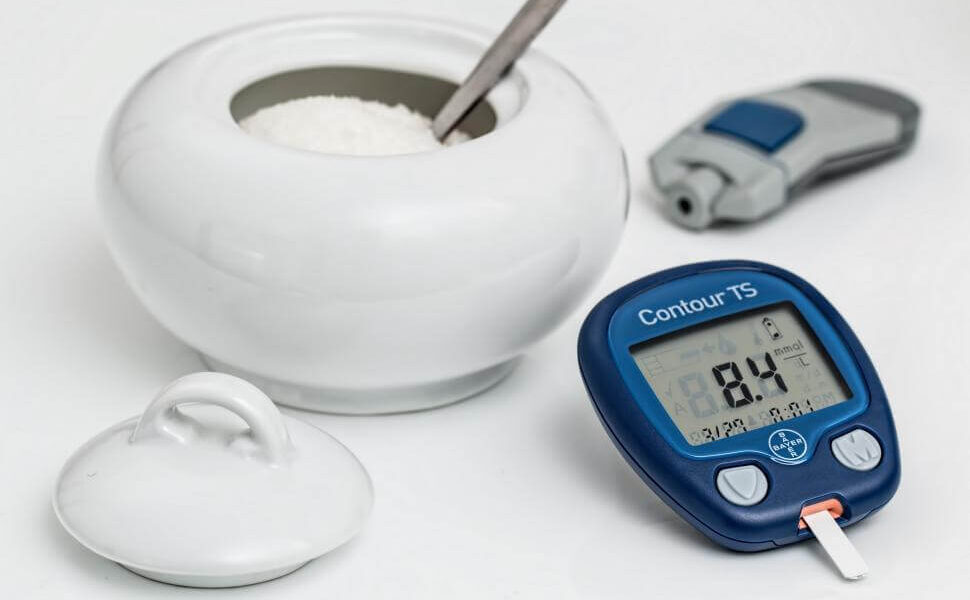The Best Chances of Passing 3 Hour Glucose Test After Failing 1 Hour Test
Introduction
Although being pregnant is a unique and life-changing experience, there are specific health issues to be aware of, one of which is gestational diabetes, which frequently takes centre stage. As an expectant mother, routine glucose tests become a crucial aspect of prenatal care, aiming to ensure the well-being of both mother and baby. Among these tests, the 1-hour glucose test acts as an initial screening, a checkpoint that identifies potential red flags regarding glucose metabolism. It’s a routine procedure, but what happens when the results signal a cause for concern?
Navigate the intricacies of gestational diabetes screenings by understanding the Chances of Passing 3 Hour Glucose Test After Failing 1 Hour Test, seeking tailored advice for optimal health outcomes. What are the Chances of Passing 3 Hour Glucose Test After Failing 1 Hour Test, and what does it indicate about potential gestational diabetes?
We take a deep dive into the complexities of gestational diabetes testing in this investigation, primarily concentrating on the likelihood of passing the 3-hour glucose test following a failed 1-hour test. We unravel the layers of these diagnostic procedures, seeking not only to decode the medical aspects but also to empower expecting mothers with knowledge and strategies to navigate this critical phase of pregnancy.
Maternal and fetal health are at risk from gestational diabetes, which is defined as high blood sugar levels during pregnancy. The first step in identifying pregnant women at risk is a 1-hour glucose test, a relatively simple procedure involving drinking a glucose solution and drawing blood an hour later. However, when the results indicate higher-than-normal glucose levels, it triggers the need for a more comprehensive investigation.
The 1-hour glucose test has its nuances. Factors such as dietary choices, physical activity levels, and underlying health conditions can significantly influence the results. Understanding the reasons behind a failed test becomes pivotal in the subsequent diagnostic process. This brings us to the 3-hour glucose tolerance test (OGTT), a more detailed examination that seeks to provide a clearer picture of glucose metabolism.
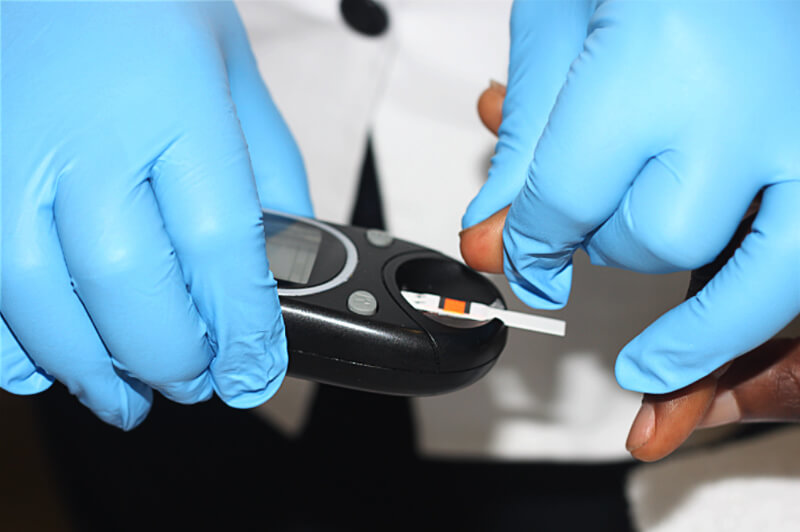
The 3-hour test, while more time-consuming and intricate, offers a more accurate diagnosis. Fasting overnight, ingesting a concentrated glucose solution, and undergoing multiple blood draws over 3 hours constitute this thorough examination. The criteria for passing the 3-hour test are more stringent, demanding a closer look at the body’s ability to process glucose and the presence of insulin resistance, a critical factor in gestational diabetes.
In this journey, we not only explore the medical aspects but also delve into the emotional and psychological facets that come with gestational diabetes testing. The anxiety and uncertainty surrounding a failed 1-hour test can be overwhelming, making the need for a robust support system and coping strategies crucial. Real-life stories of women who faced similar challenges and triumphed offer inspiration, spotlighting the resilience and strength found within each expecting mother.
Join us as we navigate the intricacies of gestational diabetes testing, unravelling the layers of the 3-hour glucose test after a setback with the 1-hour test. Empowered with knowledge and a proactive mindset, expecting mothers can face this chapter of their pregnancy journey with confidence and resilience. The inquiry into the Chances of Passing 3 Hour Glucose Test After Failing 1 Hour Test failure sheds light on the complexities of managing gestational diabetes risk.
Understanding the 1-Hour Glucose Test
The 1-hour glucose test is a pivotal screening tool to identify women at risk of gestational diabetes. AdmIt is given between weeks 24 and 28 of pregnancy and entails consuming a glucose solution and having blood drawn an hour later. The normal range for passing this test is generally set at 140 mg/dL. However, a failed test necessitates more research because elevated blood glucose levels indicate it. The significance of the Chances of Passing 3 Hour Glucose Test After Failing 1 Hour Test failure underscores the importance of proactive healthcare interventions for expectant mothers.
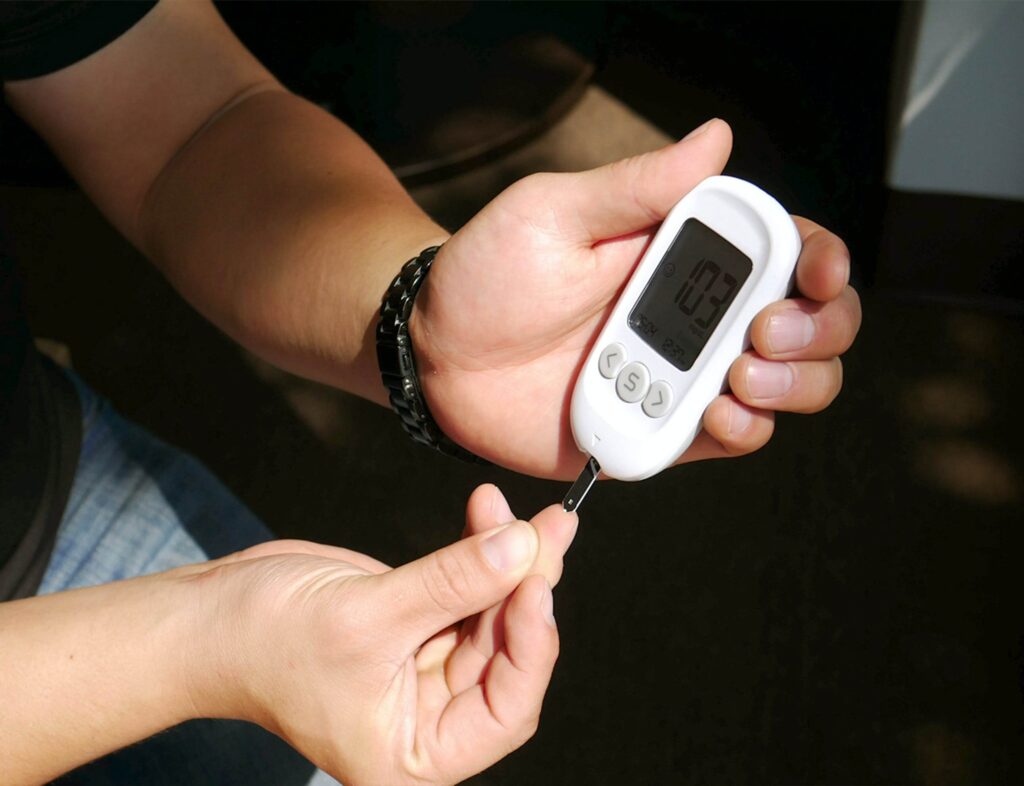
Factors Contributing Chances of Passing 3 Hour Glucose Test After Failing 1 Hour Test Failure
A one-hour glucose test might have different outcomes depending on several circumstances. Consuming high-sugar foods before the test, leading a sedentary lifestyle, and underlying health issues such as insulin resistance can contribute to elevated blood glucose levels. Understanding these factors is crucial for addressing them before proceeding to the more comprehensive 3-hour test. In the realm of prenatal care, the inquiry into the likelihood of Chances of Passing 3 Hour Glucose Test After Failing 1 Hour Test emerges as a key concern for medical professionals and patients alike.
The 3-Hour Glucose Test: What to Expect
If the 1-hour test raises concerns, healthcare providers often recommend the 3-hour glucose tolerance test (OGTT) for a more accurate diagnosis. This test involves fasting overnight, consuming a more concentrated glucose solution, and undergoing blood draws at regular intervals over 3 hours. The criteria for gestational diabetes diagnosis are stricter in the 3-hour test, with specific cutoff values at each blood draw. The evaluation of the Chances of Passing 3 Hour Glucose Test After Failing 1 Hour Test serves as a critical benchmark in managing gestational diabetes risks and ensuring optimal pregnancy outcomes.
Interpreting Chances of Passing 3 Hour Glucose Test After Failing 1 Hour Test
Understanding the significance of each blood draw during the 3-hour test is crucial. Elevated blood glucose levels at any point may indicate gestational diabetes. The test assesses the body’s ability to process glucose and identifies insulin resistance, a critical factor in gestational diabetes. It’s essential to comprehend the implications of these results and discuss them thoroughly with healthcare providers.
Tips for Improving Chances of Passing 3 Hour Glucose Test After Failing 1 Hour Test
The 3-hour glucose test is primarily dependent on preparation. Minor lifestyle adjustments, consuming a well-balanced diet, and engaging in regular exercise can significantly impact health, and adhering to pre-test guidelines provided by healthcare professionals can positively impact test results. Consulting with healthcare providers for personalized advice is crucial, as they can offer tailored recommendations based on individual health conditions.
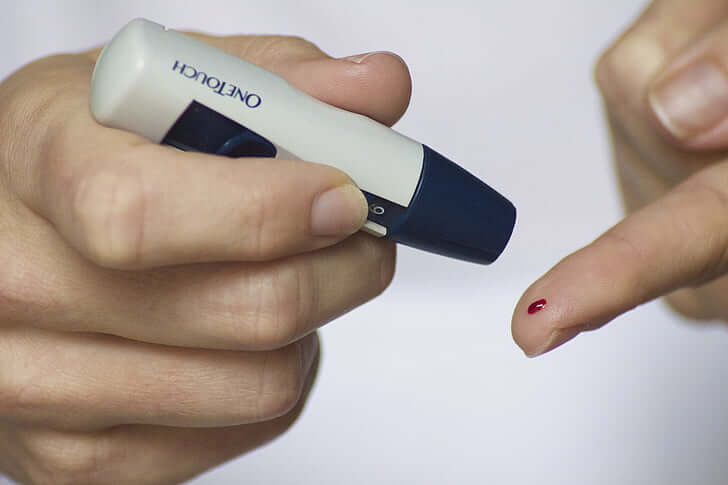
Potential Outcomes After Failing Both Tests
Confirmation of gestational diabetes diagnosis can be disheartening. Still, it opens the door to effective management and prevention of complications. Alterations in the way of life, such as eating habits and regular exercise, become essential. Additionally, women diagnosed with gestational diabetes may undergo further tests and increased monitoring throughout the remainder of their pregnancy.
Emotional and Psychological Aspects
The emotional toll of receiving a gestational diabetes diagnosis after failing both tests should not be underestimated. Coping with anxiety, stress, and uncertainty is part of the journey. Building a solid support system, including healthcare professionals, family, and friends, can provide emotional reinforcement. Seeking guidance from counselors or support groups specializing in pregnancy-related concerns can also be beneficial.
Case Studies and Success Stories
Real-life experiences often shed light on the path forward. Stories of women who initially failed the 1-hour test but successfully managed to pass the 3-hour test offer inspiration and valuable insights. Strategies they employed, such as adopting healthier lifestyles and diligently following healthcare recommendations, showcase the potential for positive outcomes and healthy pregnancies even after initial setbacks.
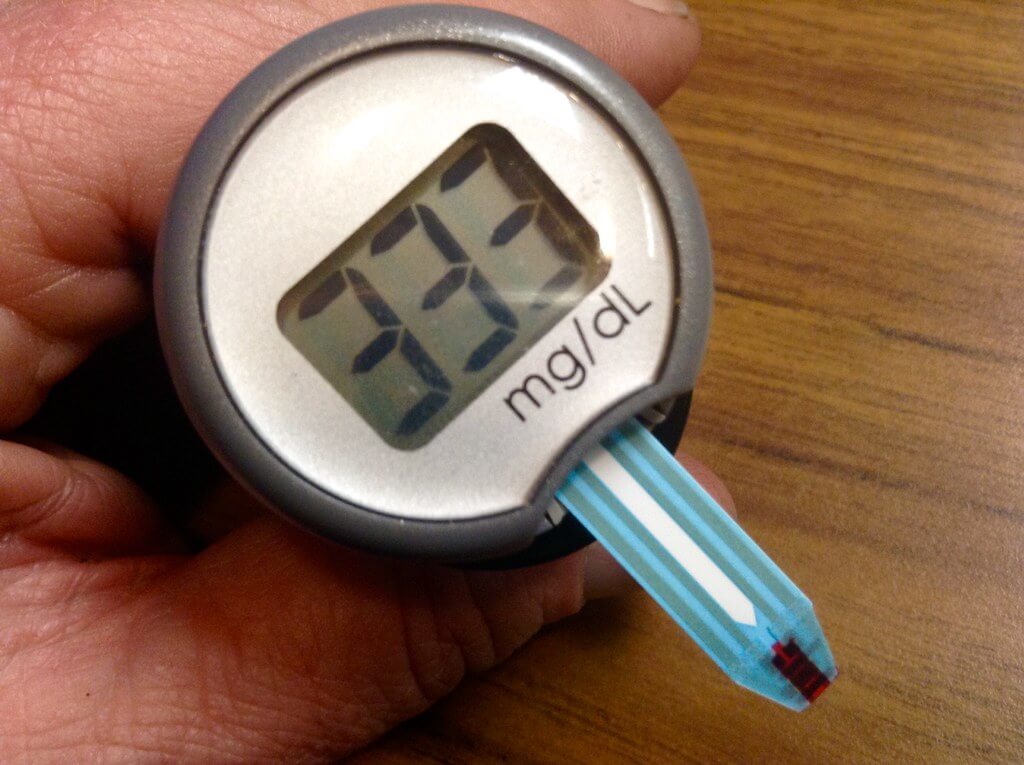
Conclusion: Chances of Passing 3 Hour Glucose Test After Failing 1 Hour Test
In the intricate tapestry of pregnancy, the journey through gestational diabetes testing reveals itself as a significant chapter—one that demands understanding, preparation, and resilience. As we end our investigation, it is crucial to consider the most important lessons learned and stress the value of proactive healthcare and a positive outlook in overcoming the challenges associated with glucose testing.
The 1-hour glucose test acts as a sentinel, alerting healthcare providers to potential irregularities in glucose metabolism. A failed test, though initially disheartening, catalyzes further investigation. It prompts the recommendation for the 3-hour glucose tolerance test (OGTT), a more detailed examination that provides a more precise diagnosis.
Optimizing the chances of passing 3 hour glucose test after failing 1 hour test, setback entails a holistic approach, encompassing dietary modifications, regular exercise, and adherence to medical recommendations.
As we conclude, it’s essential to reiterate the importance of early detection and intervention. A gestational diabetes diagnosis is not a roadblock but rather a detour that allows for proactive management and prevention of potential complications. Armed with knowledge, women can make informed choices, implement lifestyle changes, and collaborate closely with medical professionals to guarantee the most outstanding results for both themselves and their unborn children.

